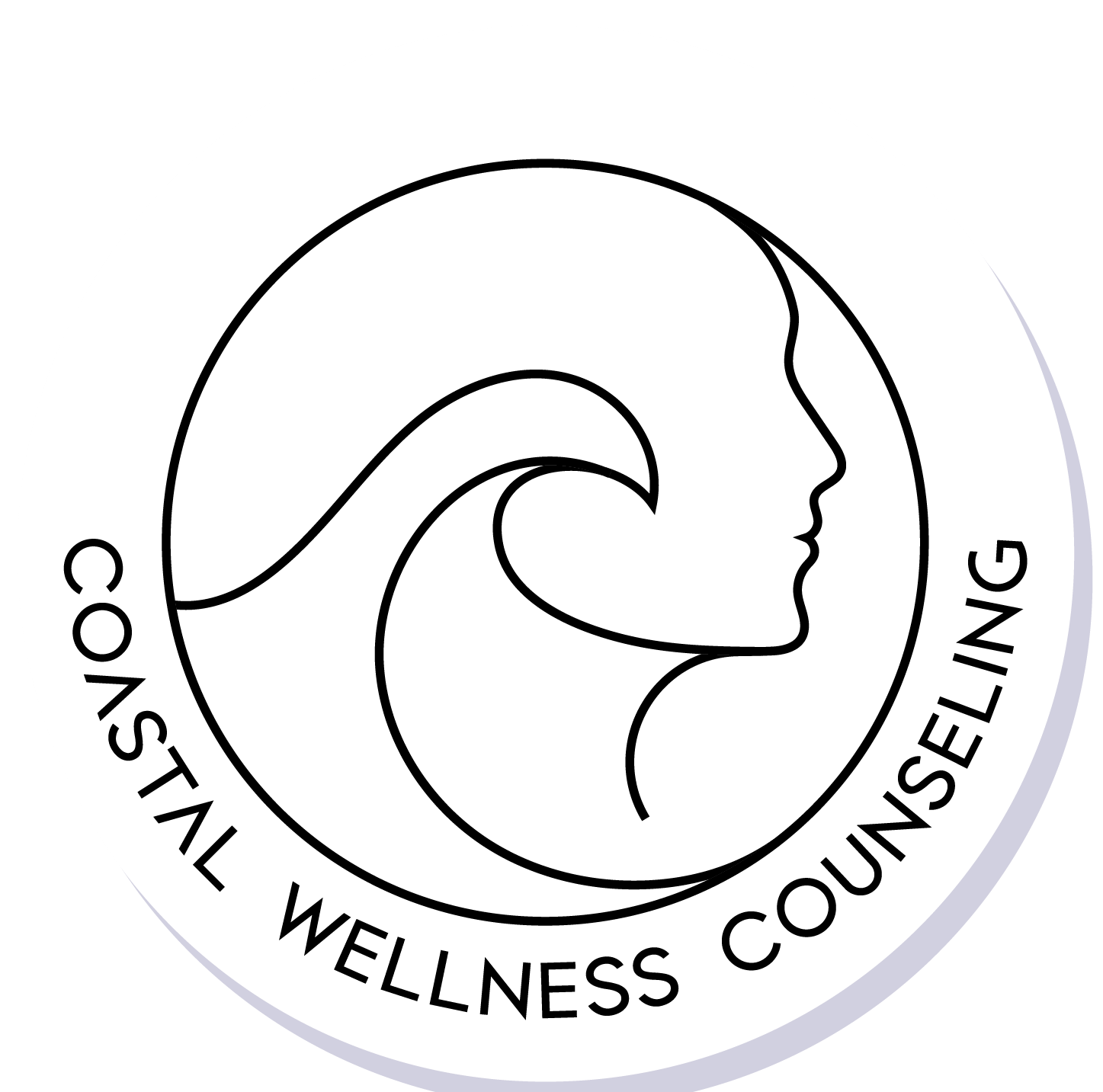Intrusive Thoughts About Food and Body: Finding Peace of Mind and Identity Beyond the Eating Disorder
Living with an eating disorder can feel like living in a constant mental battle. For many people, intrusive thoughts about food, weight, and body image dominate their days. These thoughts are relentless—whether it’s calculating calories, worrying about how clothes fit, or replaying what was eaten hours ago.
It’s exhausting. And for many, the greatest wish is simply this: peace of mind.
But here’s the complicated part—many people also share a quiet fear. If I recover… who will I be without my eating disorder?
If this feels familiar, you’re not alone. As a therapist who works with individuals experiencing anxiety, depression, and eating disorders, I want to break down what this struggle looks like, and why recovery—while scary—is not the loss of identity it might feel like, but rather the doorway into finding your truest self.
The Frustration: Intrusive Thoughts About Food and Body
One of the most difficult aspects of an eating disorder is the constant mental noise. Clients often tell me:
“I think about food and my body all day long—it never stops.”
“Even when I’m at work, with friends, or trying to relax, those thoughts are in the background.”
“I wish I could just enjoy life without this mental chatter.”
Intrusive thoughts are not a sign of weakness—they are a symptom of the disorder. Your brain has learned to latch onto these worries, and over time, they’ve become automatic. Therapy for eating disorders focuses on gently retraining the mind, calming the body, and creating space for new, healthier thought patterns to emerge.
The Desire: Peace of Mind and Mental Quiet
Beneath the eating disorder, most people deeply long for something very simple: freedom from the constant noise.
Imagine waking up and not immediately worrying about your body.
Imagine enjoying a meal without guilt.
Imagine having the energy to focus on relationships, work, hobbies, or passions—without the eating disorder taking up all the space.
This is what recovery makes possible! Therapy helps you build tools to quiet the intrusive thoughts and create moments of calm. Over time, those moments grow, and peace of mind becomes your new normal.
The Fear: Losing Your Identity Without the Eating Disorder
It’s important to name the fear out loud: What if I don’t know who I am without my eating disorder?
This is a very real concern for many people, because eating disorders often start young and become deeply tied to how someone sees themselves. The behaviors and thoughts may feel like part of your personality, your routines, even your sense of safety.
But here’s the truth: the eating disorder is not who you are. It’s something you’ve experienced, not your core identity.
In therapy, we work gently to separate you from the eating disorder. We explore your values, your strengths, your joys, and your goals. As the disorder loosens its grip, you don’t lose yourself—you find yourself. Clients often say recovery helps them reconnect with the parts of them that were buried under the noise: creativity, humor, friendships, passion, and authenticity.
You Don’t Have to Do This Alone
If you’re struggling with intrusive thoughts about food and body, the longing for peace of mind, and the fear of losing yourself in recovery, I want you to know: healing is possible, and help is available.
In my practice, I offer compassionate, evidence-based therapy for eating disorders, anxiety, and depression. Together, we’ll work at your pace to:
Understand the role your eating disorder has played in your life.
Learn strategies to quiet intrusive thoughts and calm your body.
Explore who you are beyond the disorder.
Build a life filled with meaning, connection, and true peace.
Take the First Step Toward Healing
You deserve to live without the constant mental chatter of food and body worries. You deserve peace of mind, self-compassion, and the freedom to be fully yourself.
If you’re ready to begin this journey, I invite you to reach out today. I offer online therapy for eating disorders and body image concerns so you can access care from the comfort of your own space.
✨ You don’t have to fight this battle alone. Recovery doesn’t erase who you are—it helps you finally come home to yourself.

